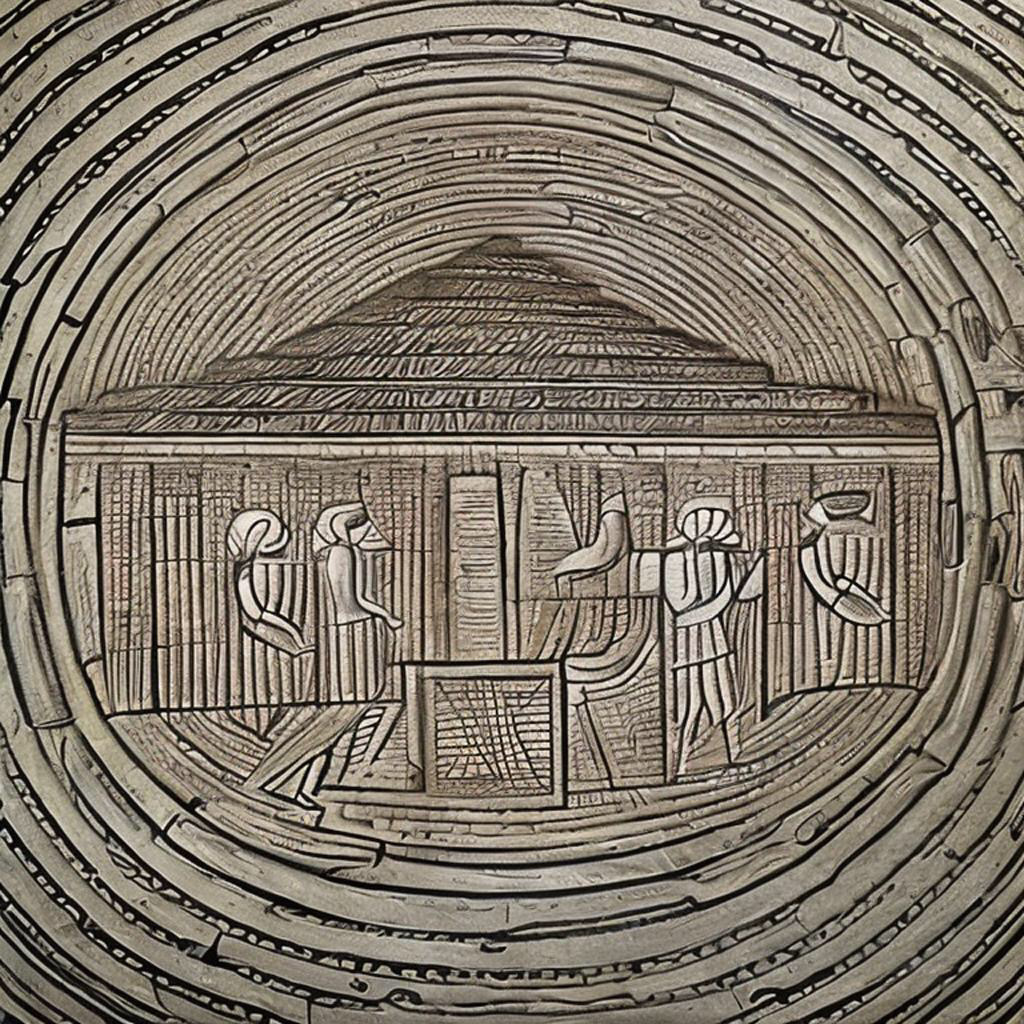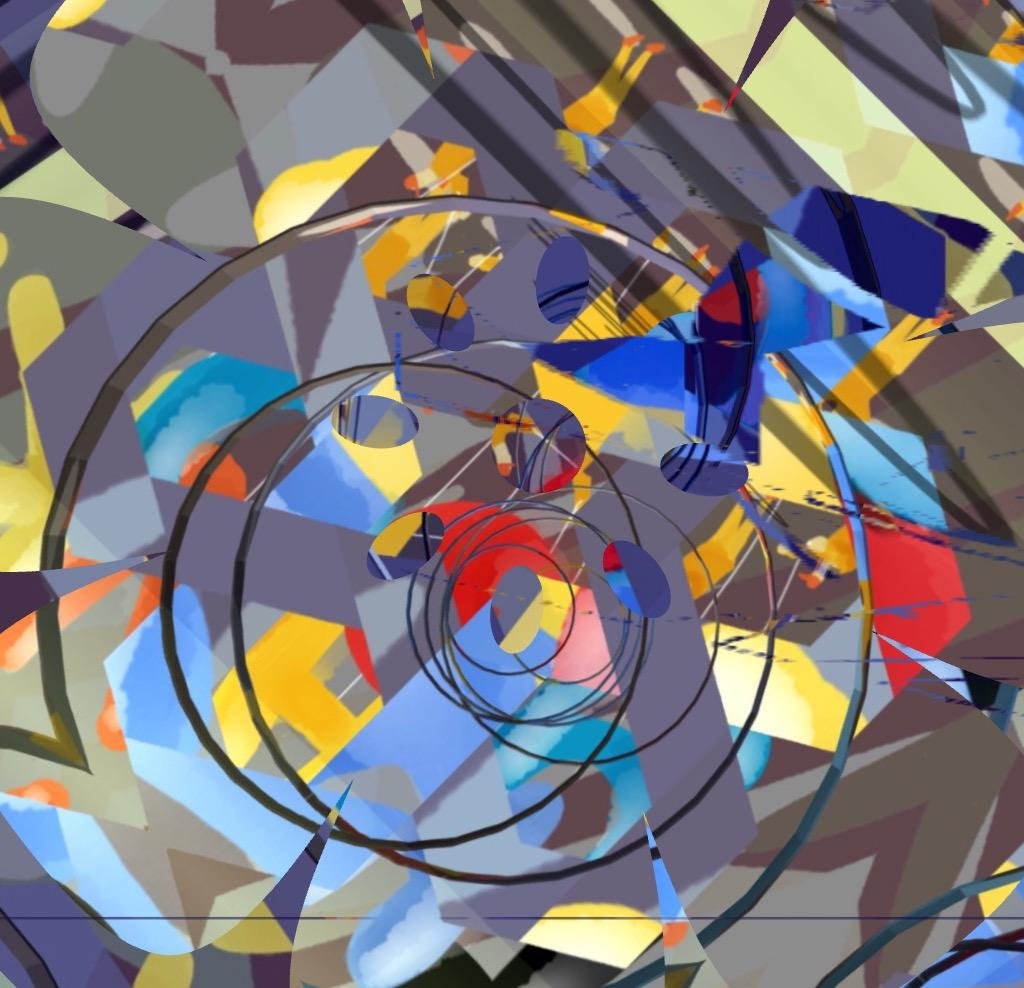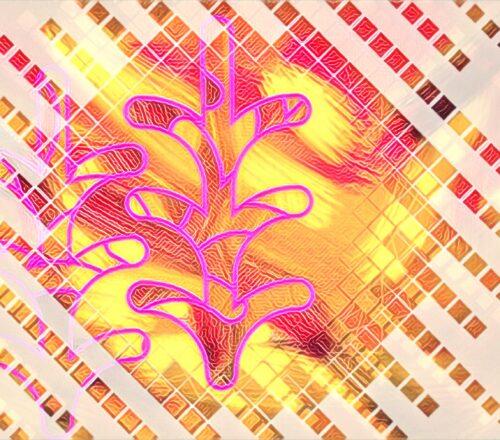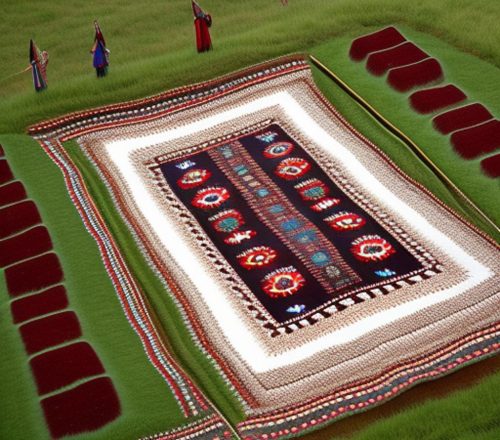
Table of Contents
The gods and goddesses of ancient SUMER
The Sumerians believed that the gods controlled many aspects of their lives, including the weather, fertility, and warfare. The Sumerians built elaborate temples to honor their gods, and they performed complex rituals and sacrifices to appease them.
The Sumerians, one of the earliest civilizations in human history, believed in a pantheon of gods and goddesses who controlled various aspects of their lives. The Sumerians were the first to develop a system of writing, and their writings provide valuable insight into their religious beliefs and practices. In this article, we will explore the gods and goddesses of the Sumerian pantheon, their roles in Sumerian society, and the elaborate rituals and sacrifices performed to honor them.
The Sumerian Pantheon
The Sumerian pantheon consisted of a vast array of gods and goddesses, each with their own distinct characteristics and spheres of influence. The gods were anthropomorphic, meaning that they had human-like form and emotions, and they often interacted with humans in the Sumerian myths and stories. The Sumerian gods and goddesses were not omnipotent, however, and they could be capricious and unpredictable, much like the natural forces they controlled.
One of the most important gods in the Sumerian pantheon was Anu, the god of the sky. Anu was the father of the gods and the king of the pantheon. He was associated with the heavens and was often depicted as a bull or a man with a horned helmet.
Another important god was Enlil, the god of wind, air, and storms. Enlil was the son of Anu and was the leader of the pantheon. He was often depicted with a mace or a staff and was associated with the city of Nippur.
In addition to Anu and Enlil, there were many other important gods and goddesses in the Sumerian pantheon. Some of the most significant included:
Inanna: The goddess of love, fertility, and war. Inanna was the daughter of Anu and was associated with the city of Uruk. She was often depicted with wings and a horned headdress.
Nanna: The god of the moon. Nanna was the son of Enlil and was associated with the city of Ur. He was often depicted with a crescent moon on his forehead.
Utu: The god of the sun. Utu was the son of Nanna and was associated with the city of Larsa. He was often depicted with a sun disk on his head and a staff.
Enki: The god of water, wisdom, and magic. Enki was the son of Anu and was associated with the city of Eridu. He was often depicted with a beard and a flowing robe.
Ninurta: The god of agriculture, hunting, and war. Ninurta was the son of Enlil and was associated with the city of Nippur. He was often depicted with a bow and arrow.
The Roles of the Gods in Sumerian Society
The Sumerians believed that the gods controlled many aspects of their lives, including the weather, fertility, and warfare. As such, the gods played a significant role in Sumerian society, and the Sumerians built elaborate temples to honor them. These temples were often the center of Sumerian cities and were the focus of religious life. The temples were staffed by priests and priestesses who performed complex rituals and sacrifices to appease the gods.
The Sumerians believed that the gods could be pleased or angered by human behavior, and they believed that the gods would punish them if they did not follow proper religious practices. As such, the Sumerians were very careful to perform the appropriate rituals and sacrifices to ensure that the gods were pleased. These rituals could be very elaborate and involved the sacrifice of animals, food, and drink. The Sumerians believed that the gods needed to be fed and entertained, and they would offer lavish feasts and gifts to the gods to ensure their continued favor.
The Sumerians also believed in the concept of divine intervention, which meant that the gods could directly intervene in human affairs. For example, if a city was under attack, the Sumerians would pray to the appropriate god or goddess for protection. If the god or goddess was pleased, they might intervene and help the city repel the attackers. Similarly, if a person was sick or injured, the Sumerians might pray to the appropriate god or goddess for healing.
The Sumerians also believed in the concept of divination, which meant that they could use various methods to communicate with the gods and receive guidance from them. This might involve interpreting omens, such as the behavior of animals or the appearance of certain celestial events. It could also involve the use of special objects, such as divination rods or stones, to communicate with the gods.
In addition to their religious functions, the gods and goddesses of the Sumerian pantheon also played important roles in Sumerian mythology. These myths and stories provided explanations for the origins of the world and the nature of human existence. They also served as moral lessons and provided guidance for proper behavior.
The Sumerians believed in a pantheon of gods and goddesses who controlled many aspects of their lives. These gods were anthropomorphic and were associated with various natural forces and phenomena. The Sumerians built elaborate temples to honor these gods and performed complex rituals and sacrifices to appease them. The gods and goddesses played important roles in Sumerian society, providing divine intervention, guidance, and protection. They also featured prominently in Sumerian mythology, providing explanations for the nature of the world and human existence. While the Sumerian civilization may have faded into history, the legacy of their religion and mythology continues to influence modern cultures to this day.
Video
Ancient Mesopotamia Sumerian Gods
Shop tip
Sumerian Pantheon on Amazon
Thank you for reading, shares and comments!
✨ Comment Policy ✨
We welcome thoughtful, kind, and constructive comments that contribute to meaningful conversations.
Please note:
- Promotional links and unsolicited offers will be removed.
- Spam, irrelevant content, or self-promotion without prior permission will not be published.
- We value quality engagement over quantity — thank you for helping us keep this a respectful and inspiring space!
Sources openai Language models, aitrot, picsart and mib
Take time to learn
Invest in your future
Embark on a journey into the realm of affiliate marketing and craft your own website within a vibrant, supportive community. Join me in this adventure, where you can begin as a free starter and stay as long as you desire. Enjoy complimentary hosting and foundational teachings to set you on your path. For those with advanced skills, opportunities to elevate your expertise await. Take a moment to explore and witness the magic for yourself!




